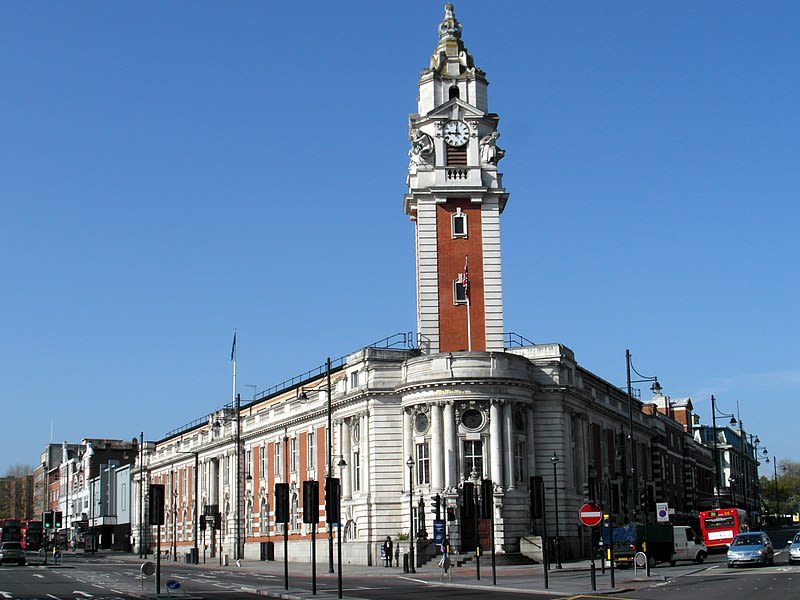How to heal a city
The growth of PrEP and future of HIV activism in London
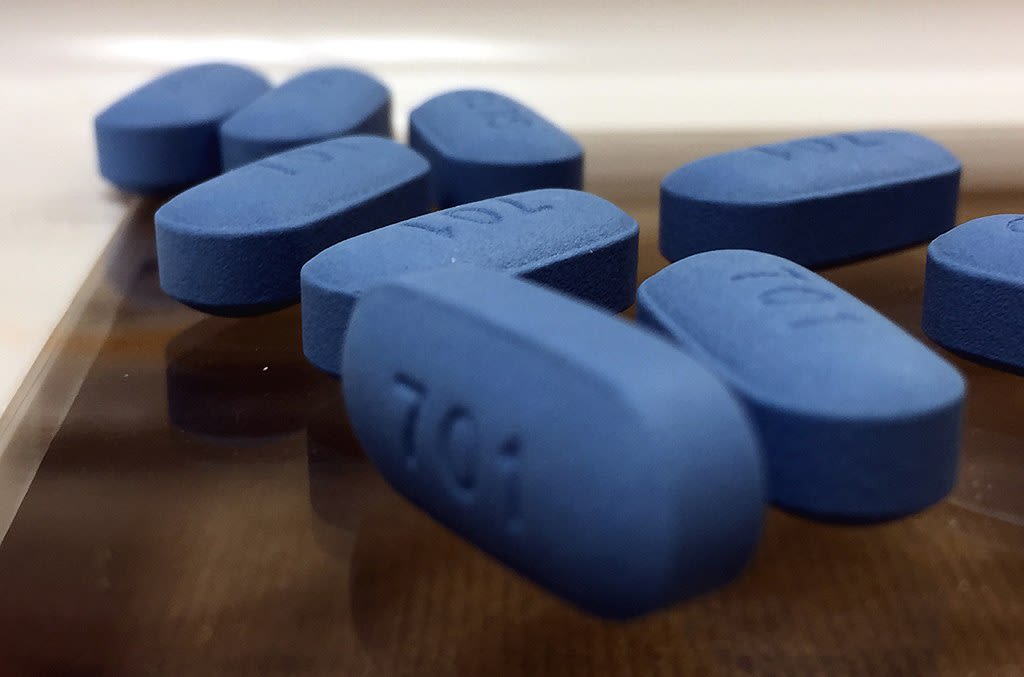
The number of new HIV diagnoses in London halved since the anti-HIV medication PrEP was made available on the NHS in March 2020.
The number of new diagnoses, which had been steadily declining since 2012, has dropped sharply by 53% in the last three years, according to UK Health Security Agency (UKHSA) data.
New HIV diagnoses per year by region in England, 2012 - 2021 (Source: UKHSA)
In this time, PrEP use in London more than doubled, with over 1.3 million doses given out in January 2023.
Units of PrEP (emtricitabine and tenofovir disoproxil) prescribed per month from NHS Foundation Trusts, 2019-2022 (Source: NHS Business Services Authority)
However, London remains a hotspot for the virus; the rate of new diagnoses per person in the city is still over twice as high as the next most affected region, the East of England.



Why are London's HIV rates still so high?
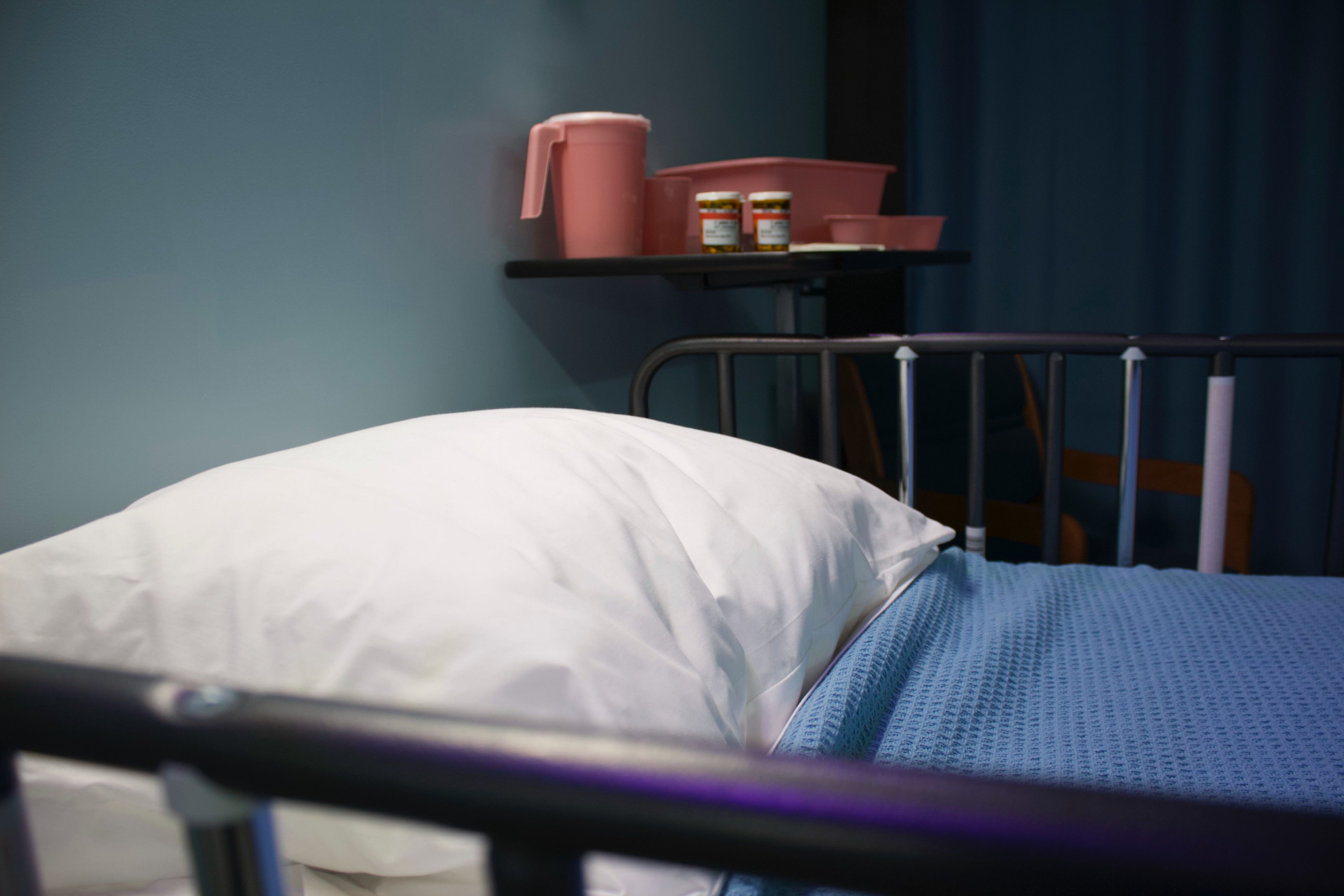
Dr Will Nutland is a researcher, health and social justice activist, and co-founder of the Community Interest Company, Prepster.
Founded in October 2015, Prepster raised awareness about PrEP among disproportionately affected communities – particularly gay and bisexual men, Black African communities, trans people, sex workers and migrants.
Dr Nutland said extensive barriers to HIV care remain for, "large numbers of people who don't have English as a first language, who don't know how to navigate the health system, or are scared that if they don't have secure migrancy status, go to a sexual health clinic and are diagnosed HIV positive, that the Home Office will be informed - even though that's not true."
Londoners born outside the UK were nearly four times more likely than UK-born Londoners to receive a new HIV diagnosis, though rates in both groups have declined, according to 2021 UKHSA data.
New HIV diagnoses in London by continent of birth, 2012 - 2021 (Source: UKHSA)
Dr Nutland said: "HIV remain[s] very queer and very queer male, it's very queer migrant as well.
"That's not always a popular thing for people to hear or to talk about particularly [given] the hostile environment we currently work and live in.
"When you ask what's next for activism from The Love Tank's perspective, it's to ramp up the work we do with queer migrants."



PrEP in London
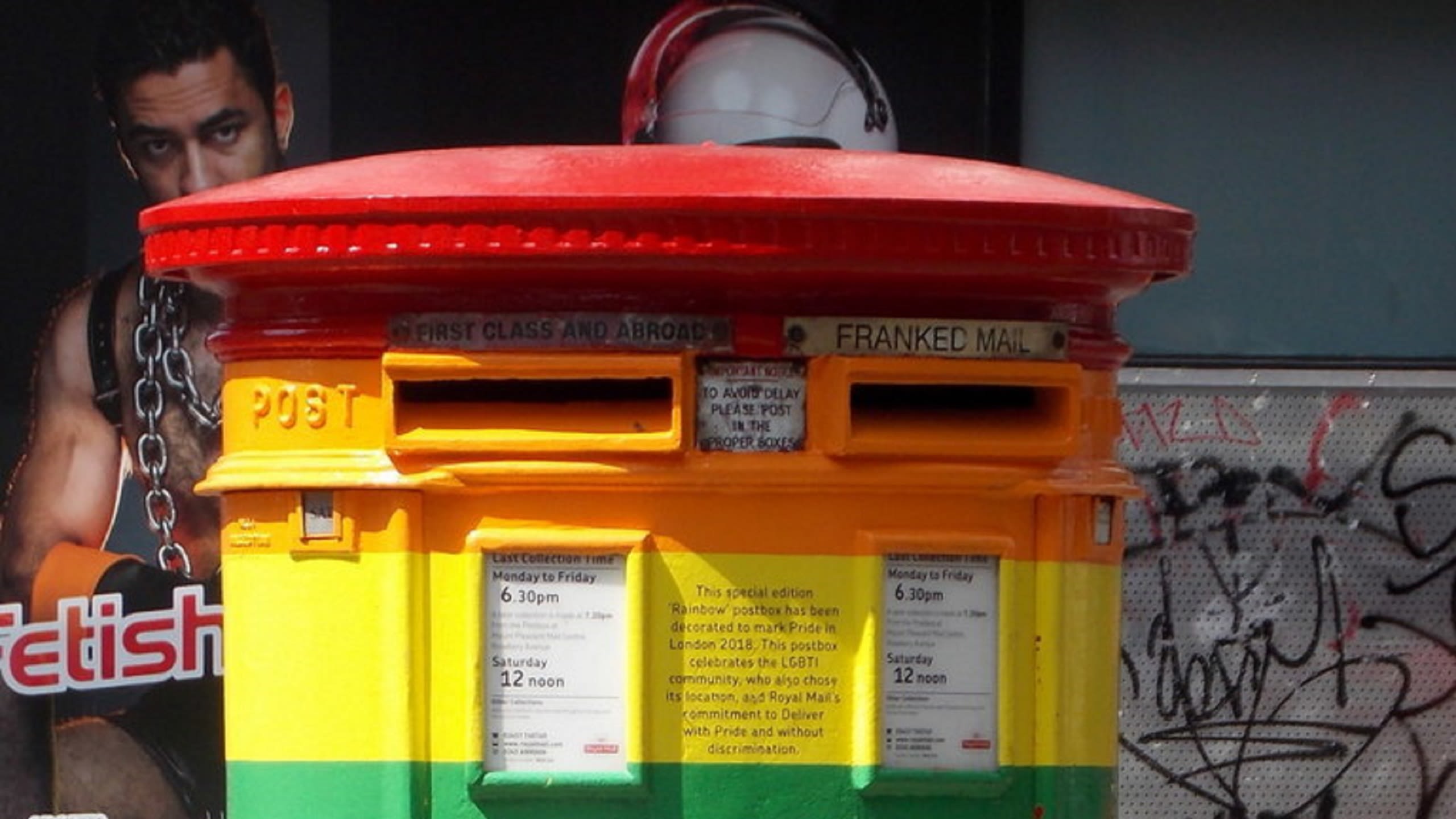
Dr Nutland said high PrEP use in London was driven by a well-funded network of sexual health clinics and outreach bodies compared to other cities.
He said: "London is one of the few remaining parts of England that has a fairly robust, relatively well resourced outreach programme," he said, pointing to the London HIV Prevention Programme.
"London [also] has a number of really exceptional sexual health clinics; Dean Street is the most obvious exemplar of this and Dean Street has the capacity to see large numbers of people", he added.
He added: "We had this really crazy situation when there were clinics in London on the IMPACT trial that were full and were saying 'we can't take any more new recruits', and clinics outside of London that weren't yet geared up to provide PrEP that basically has bottles of PrEP on their shelves."
Robbie Currie, Lead Commissioner of the London HIV Prevention Programme, said it is difficult to attribute trends to individual programmes.
"The LHPP is just part of a sexual and reproductive health and HIV system, so there are many different touch points that encourage people to practice safer sex or have health-seeking behaviour."
From 2019 - 2022, the top six PrEP prescribers in England were all in London, providing almost half of the country’s total PrEP (47%).
Over half of London’s PrEP was supplied by the Chelsea and Westminster Hospital NHS Foundation Trust, which runs 56 Dean Street, a sexual health clinic in Soho specialised in LGBTQ+ community health.
Units of PrEP prescribed at the top 20 providers in England, 2019-2022 (Source: NHS Business Services Authority)
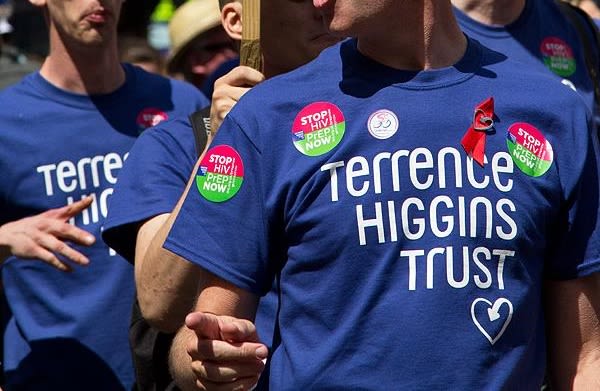


Getting PrEP Commissioned
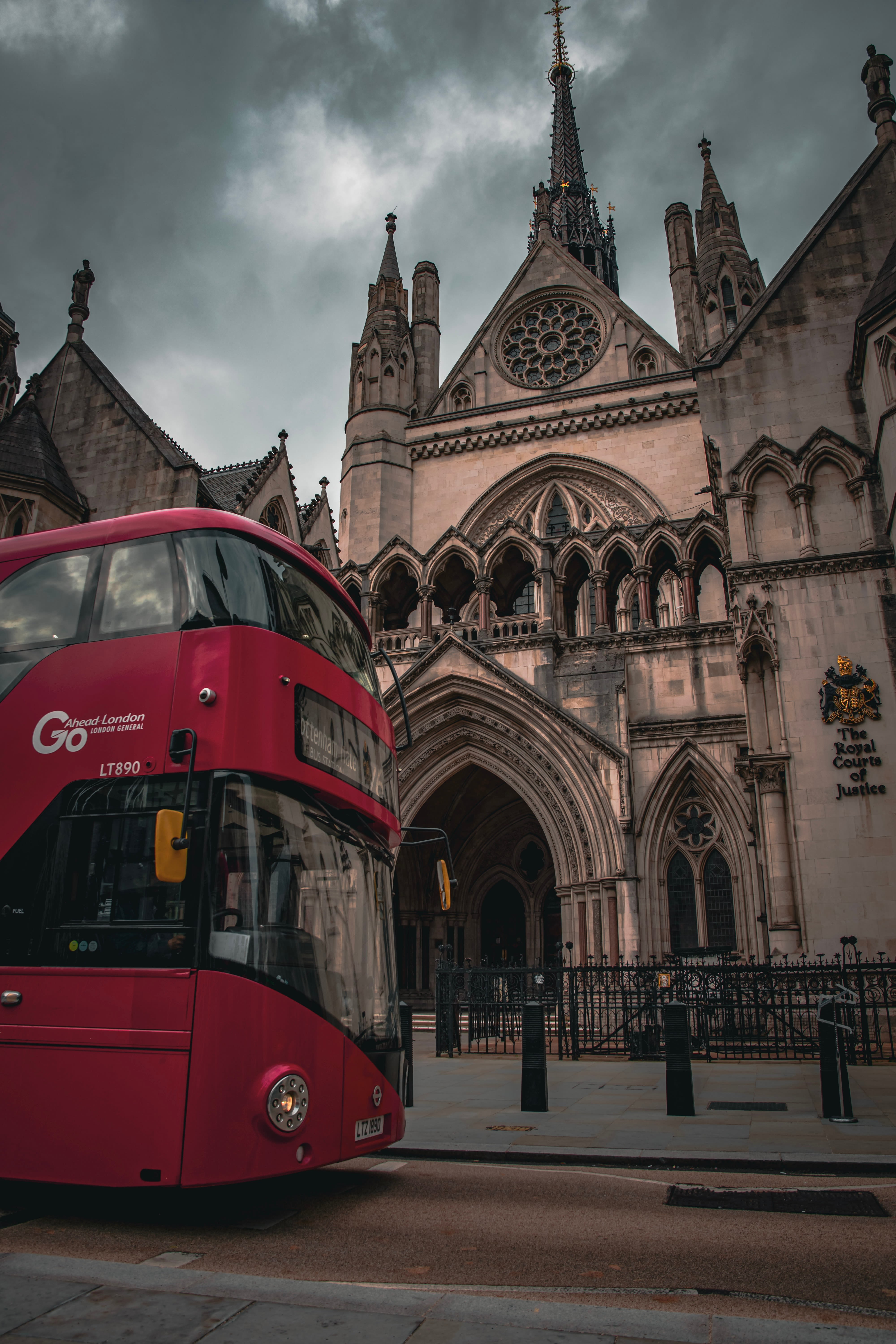
The LHPP not only promoted PrEP to at-risk Londoners, but campaigned for the NHS to commission it.
Before working for the LHPP, Currie was Chair of the English HIV & Sexual Health Commissioner's Group and sat on the steering group for the IMPACT Trial, putting him on the frontline of this advocacy work.
Currie said: "That was quite a painful time.
"We knew the efficacy of PrEP at that stage, we absolutely wanted PrEP to be available but there were always some logistical issues about how this would actually work in practice."
"The system got a little bit confused about what it needed to do or how it needed to do that", he said.
In August 2016, the National Aids Trust took NHS England and the Secretary of State for Health to the Royal Courts of Justice to try and force them to commission PrEP.
NHS England claimed it was not in their legal power to commission the drug, under section 2 of the National Health Service Act 2006.
The court ruled in NAT's favour, but it was still four years until the NHS would routinely commission PrEP.
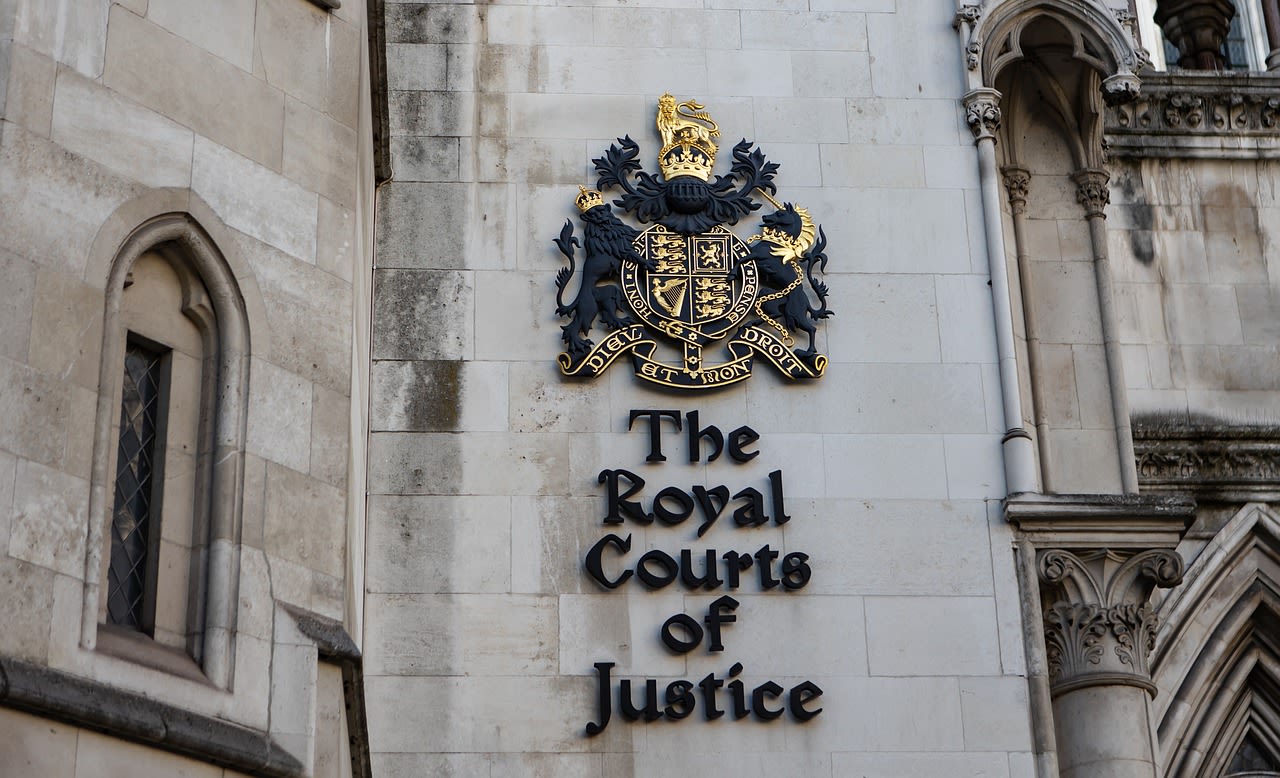


Success and Future of the LHPP
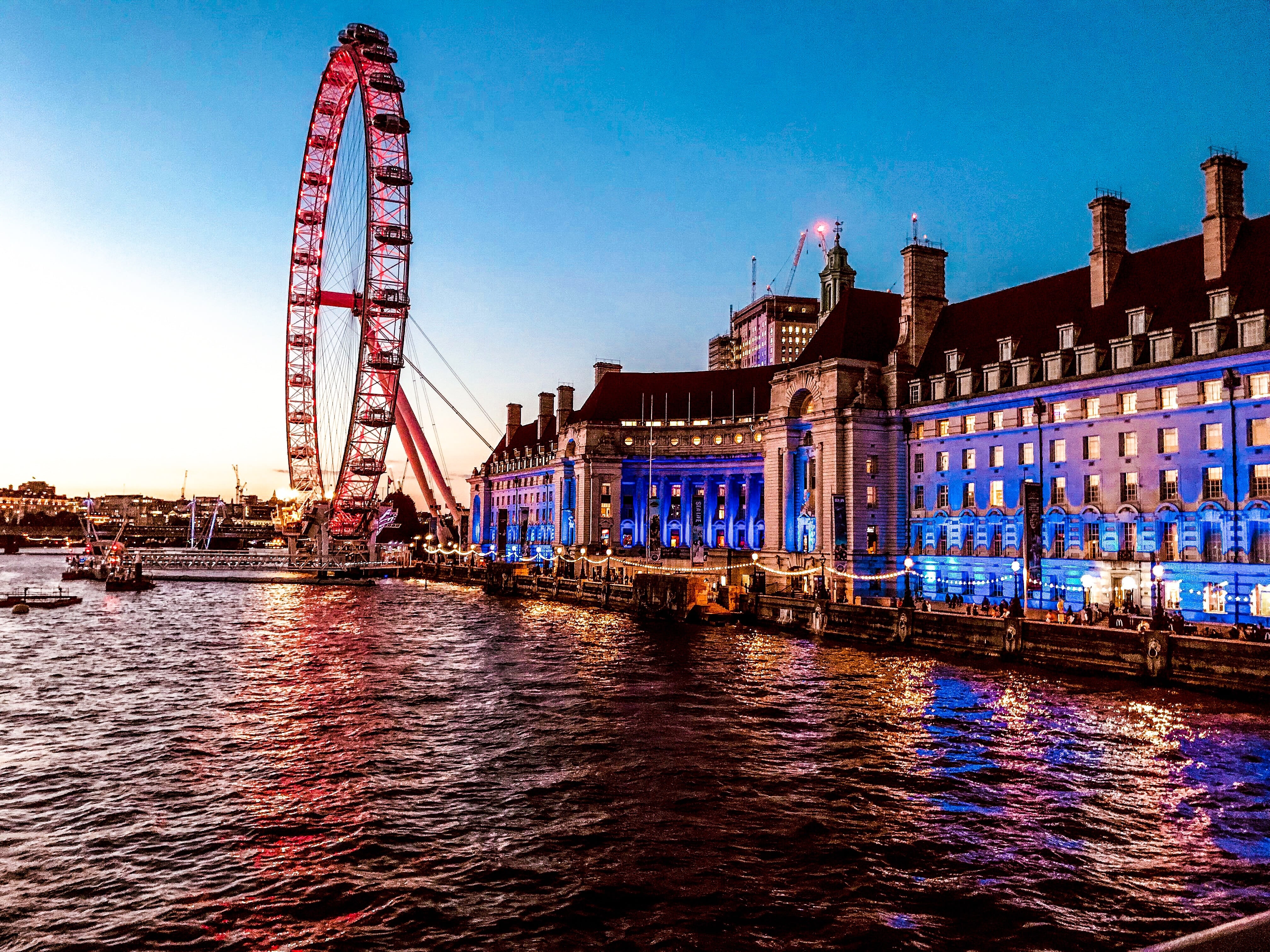
Currie said PrEP formed only part of the story, and declining new diagnoses was also linked to frequent testing, condom use, and the U = U campaign.
U = U, short for 'undetectable = untransmittable', signified that a HIV positive person on effective antiretroviral treatment can achieve an 'undetectable' viral load and no longer transmit the virus to others.
The number of 'undetectable' HIV positive people rose between 2012 and 2020, but dropped from 19% to 8% in 2021.
Currie said this is being investigated by the UK Health Security Agency.
Currie said there were fears that reforms to English health and social care in 2010 would threaten the LHPP's future, but London's local authority leaders were keen to work collaboratively to keep it running.
He said: "There was a lot of anxiety within the system that this programme might be a casualty of that reorganisation.
"Fortunately, however, all local authorities recognised the worth of doing something jointly and collaboratively; there's a long history in London of collaboratively working to prevent HIV."
The LHPP was funded from 2019 to 2022 with a £1.063 million budget, split among the boroughs based on the number of HIV+ people living there.
However, Currie said that due to disruption following the COVID-19 pandemic, its contract was extended to March 2024, with negotiations in place to extend it further.
It coincides with the central government Action Plan seeking to eliminate new HIV diagnoses in England by 2030.
